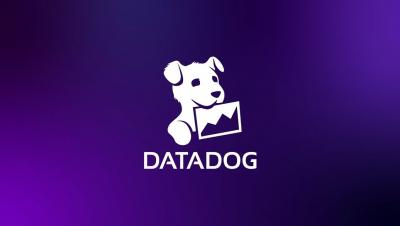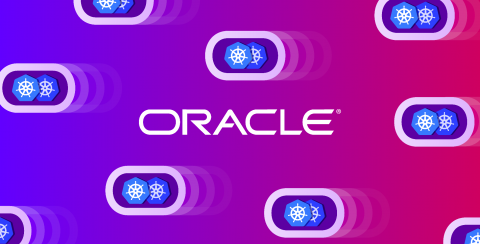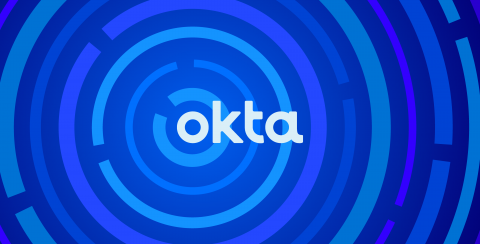Integrate Alibaba's DingTalk with Datadog for faster troubleshooting
Real-time collaboration helps teams resolve issues quickly, which is crucial during outages when you don’t have a minute to lose. If your organization is using DingTalk, Alibaba’s platform for cross-team communication and collaboration, Datadog’s new integration lets you share and discuss annotated graphs on the fly and route alerts to your teams’ group chats so you can start troubleshooting issues without skipping a beat.












